Friday 10 July
LSO Discovery Lunchtime Concert
Brahms Trio for Piano, Horn and Violin

We hope that you enjoy this broadcast from our archives, recorded at LSO St Luke's in November 2018.
This afternoon's programme:
Brahms Trio for Piano, Horn and Violin
Naoko Keatley violin
Angela Barnes horn
Zeynep Özsuca piano
Rachel Leach presenter
By watching this concert, you are supporting the LSO in our commitment to bring great music to everyone. Thank you.
While we can't be together to perform live in the concert hall, we've been delighted to share these archive performances, and to be continuing much of our learning and community programme, LSO Discovery, online. If you would like to support us through these difficult times, and to help us continue our mission to keep the music Always Playing, please visit lso.co.uk/support.
Keep your eye on our website and social media for updates about what's next for Always Playing.
Where can you find us?
- Subscribe to our YouTube channel where you can watch over 500 videos.
- Listen to all of the LSO's recordings on Apple Music.
- Follow us on Instagram, Facebook and Twitter for quizzes, listening suggestions and more.
- Sign up to our email list to be the first to hear about our new programme.
#AlwaysPlaying
Johannes Brahms
Trio for Piano, Horn and Violin
1865
This Trio for Piano, Horn and Violin from 1865 is a unique and unusual piece within Brahms’ output. Brahms was famously opposed to music telling stories or describing events. He was an ‘absolutist’, believing instead that music should be listened to and appreciated without any external allusions. This piece, however, is deeply personal and very much influenced by the recent loss of his mother.
In the 19th century, the horn was associated with nature and hunting, and Brahms’ trio begins with a theme that is very much in that vein and which apparently occurred to the composer whilst he was out walking in the Black Forest. Brahms loved writing for the French horn. His father was a horn player and had taught him the rudiments of the instrument when he was a small boy. So the sound of the horn and particularly the ‘natural horn’ (without valves) was a nostalgic trip back to his happy childhood. The trio is in four movements, the first of which is slow and melancholic. A lively scherzo follows and is a relief from the sadness that surrounds it. This movement is again filled with ‘hunting’ sounds and features a ‘rustic’ trio that is similar to the Austrian Ländler – a peasant version of the waltz.
The third movement is marked ‘slowly and sadly’ and has been described as Brahms’ most passionate and heartfelt piece. It is clearly a response to his mother’s passing and Brahms even threads her favourite folksong into the music towards its end. The finale is a fantastic and flashy fast movement. It symbolises the end of grief, the turning over of a new page and it allows all three musicians to really show off!
Programme notes by Rachel Leach

Johannes Brahms
(1833–1897)
Johannes Brahms was born in Hamburg, the son of an impecunious musician; his mother later opened a haberdashery business to help lift the family out of poverty. Showing early musical promise, he became a pupil of the distinguished local pianist and composer Eduard Marxsen and supplemented his parents’ meagre income by playing in the bars and brothels of Hamburg’s infamous red-light district.

In 1853, Brahms presented himself to Robert Schumann in Düsseldorf, winning unqualified approval from the older composer. Brahms fell in love with Schumann’s wife, Clara, supporting her after her husband’s illness and death. The relationship did not develop as Brahms wished, and he returned to Hamburg; their close friendship, however, survived.
In 1862, Brahms moved to Vienna where he found fame as a conductor, pianist and composer. The Leipzig premiere of his German Requiem in 1869 was a triumph, with subsequent performances establishing Brahms as one of the emerging German nation’s foremost composers. Following the long-delayed completion of his First Symphony in 1876, he composed in quick succession the Violin Concerto; the two piano Rhapsodies; the Violin Sonata No 1 and the Second Symphony. His subsequent association with the much-admired court orchestra in Meiningen allowed him freedom to experiment and develop new ideas, the relationship crowned by the Fourth Symphony of 1884.
In his final years, Brahms composed a series of profound works for the clarinettist Richard Mühlfeld, and explored matters of life and death in his Four Serious Songs. He died at his modest lodgings in Vienna in 1897, receiving a hero’s funeral at the city’s central cemetery three days later.
Profile by Andrew Stewart Andrew Stewart is a freelance music journalist and writer. He is the author of The LSO at 90, and contributes to a wide variety of specialist classical music publications.
Rachel Leach
presenter
Rachel Leach was born in Sheffield. She studied composition with Simon Bainbridge, Robert Saxton and Louis Andriessen. Her music has been recorded by NMC and published by Faber. She has won several awards including, with ETO, the RPS award for best education project 2009 for One Day, Two Dawns.
Rachel has worked within the education departments of most of the UK’s orchestras and opera companies. The majority of her work is for the London Symphony Orchestra and the London Philharmonic Orchestra. Rachel has written well over 20 pieces for LSO Discovery and 15 community operas, including seven for ETO.
Alongside this, she is increasingly in demand as a concert presenter. She is the presenter of the LSO Discovery Friday Lunchtime Concert series at St Luke's, and regularly presents children’s concerts and pre-concert events for the LSO, LPO, Philharmonia Orchestra, Scottish Chamber Orchestra, Royal College of Music and Royal Northern Sinfonia
In spring 2013 Rachel was awarded Honorary Membership of the RCM in recognition of her education work

Angela Barnes
Horn

Having started horn lessons with her mother at the age of eight, Angela went on to study at Chetham’s School of Music in Manchester and the Guildhall School of Music & Drama in London. During her final year at the Guildhall School, she was offered the Second Horn position with the London Symphony Orchestra, and upon joining became the first female member of the Orchestra’s brass section in its hundred-year history. A keen chamber musician, Angela features in the second instalment of the Cala Records London Horn Sound series and appears alongside tenor Allan Clayton in a recording of Britten’s Canticle III, recorded for BBC Radio 3 as part of the New Generation Artists scheme. Appearances as a soloist include Strauss’ Second Horn Concerto with the BBC Symphony Orchestra at the Barbican, as part of the BBC Young Musician of the Year 2002 Final, and as part of the solo quartet in Schumann’s Konzertstück with the London Symphony Orchestra at the Berlin Philharmonie.
Naoko Keatley
Violin

Naoko began violin at the age of four, and made her first appearance as a soloist with an orchestra at the age of eight, playing Bach’s Concerto for Two Violins with Henry Pisarek and the Sydney Youth Orchestra. In 2001, Naoko was awarded a scholarship place at the Royal Academy of Music in London, where she studied with Diana Cummings and Maurice Hasson. While at the RAM, Naoko performed in masterclasses with Maxim Vengerov and received the Vice-Principal's Prize for Excellence. She also worked as soloist and concertmaster with Sir Colin Davis, Leif Segerstam, Stephen Hough, Sir Mark Elder, Robin Ticciati and Clio Gould. Naoko was a Tillett Trust Young Artist Platform award winner in 2008, and through this made her debut appearance at the Wigmore Hall to great acclaim. As a member of the London Symphony Orchestra, Naoko regularly performs at the Barbican and on tour around the world. She also works with the Australian World Orchestra, Royal Philharmonic Concert Orchestra, Royal Opera House Orchestra, Aurora Orchestra and modern music group the Riot Ensemble.
Zeynep Özsuca
Piano

Turkish pianist Zeynep Özsuca has performed worldwide as a soloist, chamber musician and accompanist. Born in Ankara, she began piano lessons at the age of four and continued her studies at Ankara Conservatory of Hacettepe University. After winning Istanbul Symphony’s Young Soloists Competition in 2001, Zeynep moved to the United States to study as an undergraduate at the Oberlin Conservatory under Prof Peter Takács. She then majored in accompaniment and vocal coaching at Hochschule für Musik ‘Hanns Eisler’, Berlin with Prof Alexander Vitlin. Zeynep has worked with conductors Gustavo Dudamel, Simon Halsey, Sir Simon Rattle and Sir Antonio Pappano, and acted as rehearsal pianist for singers Magdalena Kožená, Rolando Villazón and Gerald Finley to name a few. As a chamber musician, she has performed at the Berlin Philharmonie, Palau de la Musica Valencia, Schleswig- Holstein Music Festival, Queen Elizabeth Hall as well as in live radio broadcasts on Deutschlandfunk, RNE (Spain) and BBC Radio 3. She also regularly appears in concert with her wind and piano sextet Berlin Counterpoint.
Thank you for watching.
Thank you so much for supporting us throughout this time by joining us for these concerts. Keep your eye on our website and social media for updates about what's next for Always Playing.
Where can you find us?
- Subscribe to our YouTube channel where you can watch over 500 videos.
- Listen to all of the LSO's recordings on Apple Music.
- Follow us on Instagram, Facebook and Twitter for quizzes, listening suggestions and more.
- Sign up to our email list to be the first to hear about our new programme.


